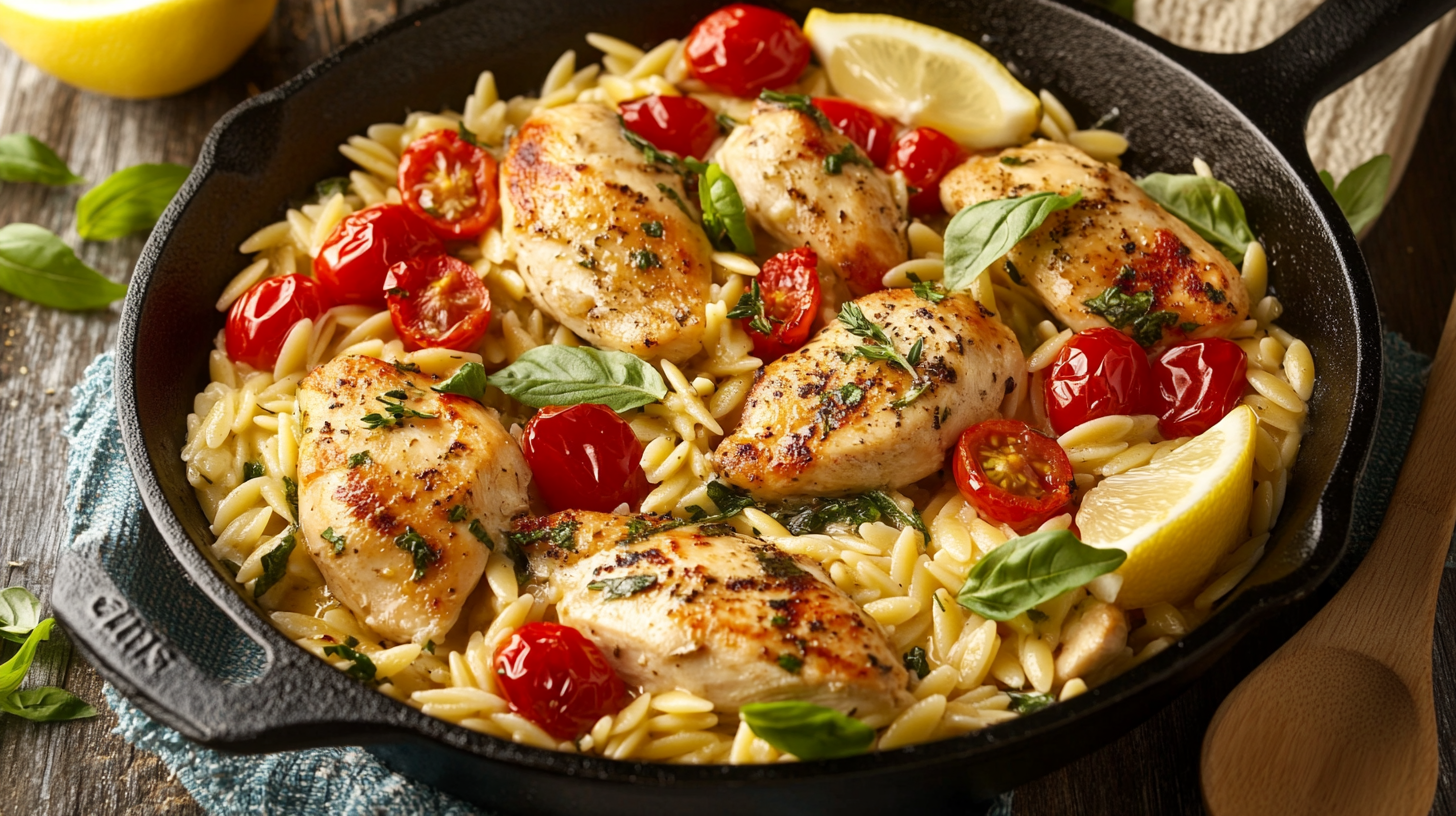Who says a delicious, home-cooked meal requires mountains of dishes? Welcome to the world of one-pan cooking, where convenience meets culinary excellence. These recipes prove that you can create restaurant-quality dinners using just a single pan, making cleanup as easy as the cooking process itself.
The Magic of One-Pan Cooking
One-pan cooking isn’t just about convenience; it’s about creating layers of flavor as ingredients cook together, sharing their essences and creating harmonious dishes. When done right, this cooking method can produce meals that are greater than the sum of their parts.
Essential Equipment
Your choice of pan matters. Invest in:
- A large, high-quality skillet (12-inch minimum)
- A heavy-bottom Dutch oven
- A rimmed sheet pan
- A large, deep sauté pan
The ideal pan should be oven-safe, allowing you to transition from stovetop to oven seamlessly.
Mastering One-Pan Techniques
Understanding these fundamental techniques will ensure success:
- Layering ingredients based on cooking times
- Managing heat distribution
- Creating fond (those flavorful browned bits)
- Deglazing to incorporate all flavors
- Using residual heat effectively
Featured One-Pan Recipes
Mediterranean Chicken and Orzo
Start by searing chicken thighs until golden, remove temporarily, then use the same pan to toast orzo in the flavorful drippings. Add Mediterranean-inspired ingredients like cherry tomatoes, olives, and lemon slices. Return the chicken, add broth, and let everything cook together until perfect.
Sheet Pan Salmon with Roasted Vegetables
Line your sheet pan with parchment for truly minimal cleanup. Start with longer-cooking vegetables like brussels sprouts and sweet potatoes, then add salmon fillets partway through. A honey-mustard glaze ties everything together.
Stovetop to Oven Spanish Rice
Transform your skillet into a paella-inspired dish with saffron-infused rice, chorizo, shrimp, and peas. Start on the stovetop to develop flavors, then finish in the oven for perfectly cooked rice.
Tips for One-Pan Success
- Prep all ingredients before starting
- Consider cooking times when layering
- Don’t overcrowd the pan
- Use appropriate heat levels
- Let proteins rest before cutting
- Deglaze the pan for maximum flavor
Time-Saving Strategies
- Pre-cut vegetables on weekends
- Keep common seasonings mixed and ready
- Use parchment or foil for easier cleanup
- Choose quick-cooking proteins
- Keep complementary ingredients stocked
Troubleshooting Common Issues
- If food sticks: Ensure proper pan preheating
- If vegetables are uneven: Cut pieces uniformly
- If proteins cook unevenly: Bring to room temperature before cooking
- If flavors are bland: Don’t forget to deglaze and season in layers
Remember, successful one-pan cooking relies on understanding heat management and timing. With practice, you’ll develop an intuition for when to add ingredients and how to layer flavors effectively.
The beauty of one-pan cooking lies not just in its convenience, but in its ability to create deeply flavored, satisfying meals that bring the family together without keeping you stuck at the sink afterward.

